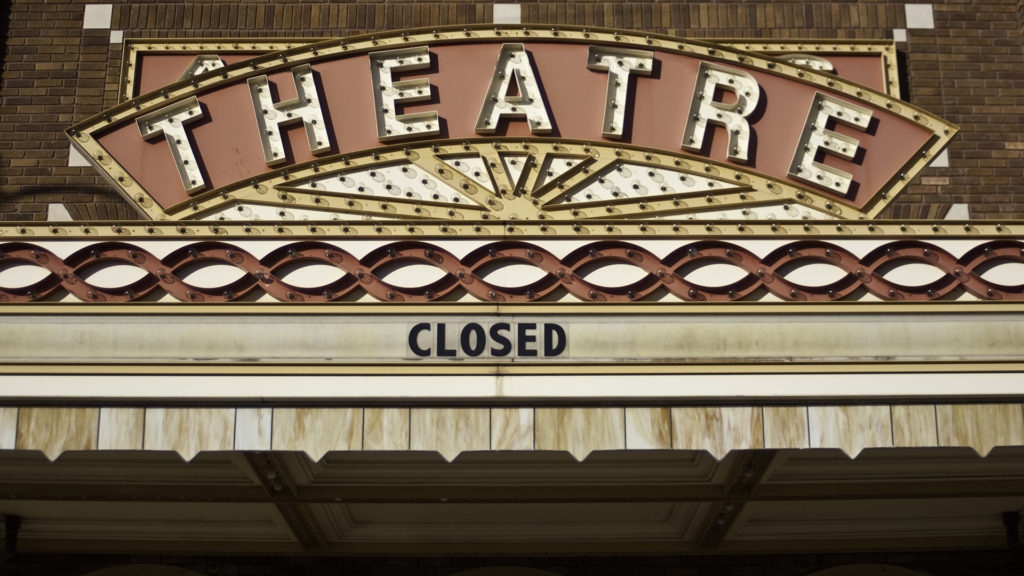
In this blog piece for the Institute of Social Responsibility, Professor Vicky Karkou prompts us to think about the revitalising and resourcing opportunities that the arts can offer us in this time of danger.
Darren Henley (2020), the CEO of the Arts Council, refers to the pandemic as: “the most serious challenge to (the) existence” (p.1) of the arts industry since the second world war”.
With the closure of all cinemas, theatres, live music venues, studios and dancing spaces, the arts industry in the UK faces a very uncertain future. So much so that Arts Council England have now redirected all its grant funds to an Emergency Response Fund for individuals and organisations who will be most at risk from the fall-out from the pandemic.
While this is happening, people in lockdown are faced with the need to connect through the arts in ways that have not been present before. From online dance, music and theatre performances (e.g. English National Ballet, Albert Royal Hall and Hampstead Theatre) to interactive sessions of how to draw and paint, how to dance or how to write poetry (see Royal Academy, Dancing Alone Together, Poetry Society); the internet is filling with options of things to ‘attend to’ or to ‘participate with’ whilst at home.
In addition to online options, dancing in the streets and in court yards, playing music in front of one’s house or singing from one’s window are new ways of connecting through the arts that are surfacing because of the pandemic; not only in the UK but all around the world.
At EHU’s Research Centre for Arts and Wellbeing we are undertaking research projects on the contribution of the arts to one’s wellbeing. For example, through the ‘Arts for the Blues’ project (Karkou et al in preparation; Omylinska-Thurston et al 2019; Parsons et al 2019; Haslam et al 2019) we have found therapeutic benefits in the use of creativity and the arts for those struggling with loneliness and depression. In the current lockdown situation, this is relevant to all of us.
Remaining active through arts-making, learning new skills, or engaging in mindful (or not) indoors movement, all have the potential to vitalise us. Finding opportunities to express feelings that are difficult to talk about through singing, drawing or moving in the presence of or with our loved ones over the phone, zoom or Skype, may be ways of strengthening and resourcing ourselves.
It may also be the time to stop, think, reflect and re-focus, making plans for new ways of being that are more relational and certainly more meaningful and rewarding. It is possible, that with appropriately co-ordinated activities that combine research, public and personal initiatives, the arts can make contributions that offer re-vitalising experiences for all of us. So let’s stay in – and dance!
Professor Vicky Karkou is a Professor of Arts & Wellbeing at Edge Hill University and Director of the Research Centre. For more information about Vicky and her publications please visit https://sites.edgehill.ac.uk/rcaw/members/
